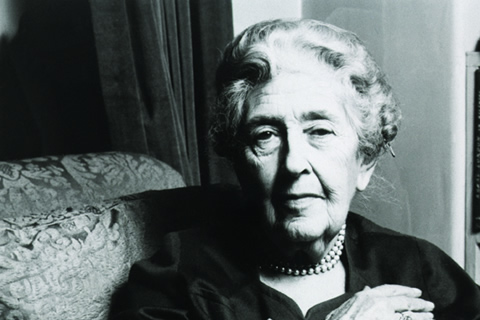Starting last year, you no longer had to be a man or a woman to use Facebook. In North America, users are now allowed to select one of more than 50 custom gender options, including “cisgender,” “cis man” and “cis woman.”
Cisgender applies to someone who is not transgender, so a cis woman is someone whose experience of gender matches her sex at birth. Nicholas Matte, a historian who teaches at U of T’s Bonham Centre for Sexual Diversity Studies, says the word was invented in academic circles about 20 years ago to recognize that all gender identities are legitimate, but that only one – cisgender – is never questioned. Using the term, he says, is a way for people who are cisgender to let others know that they’re not trans, but that they’ve thought about trans issues. “It does convey a certain familiarity with gender politics,” he says.
The term has recently hit the mainstream with the heightened profile of trans people on TV shows such as Orange Is the New Black and more positive representations of trans issues in the news and on social media.




